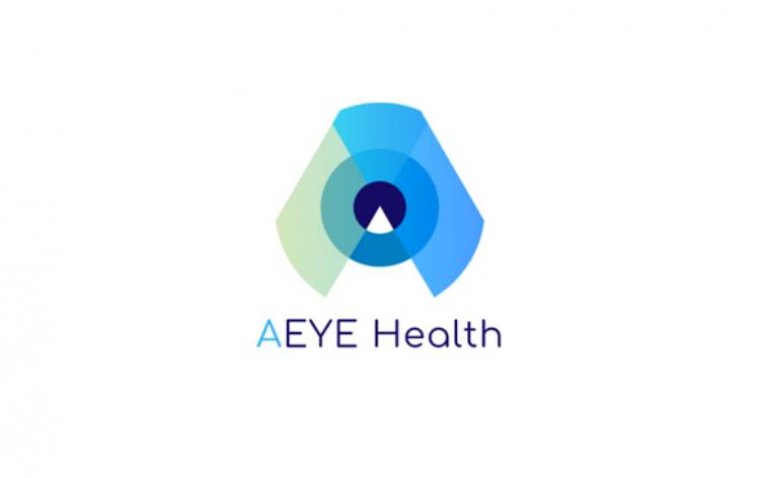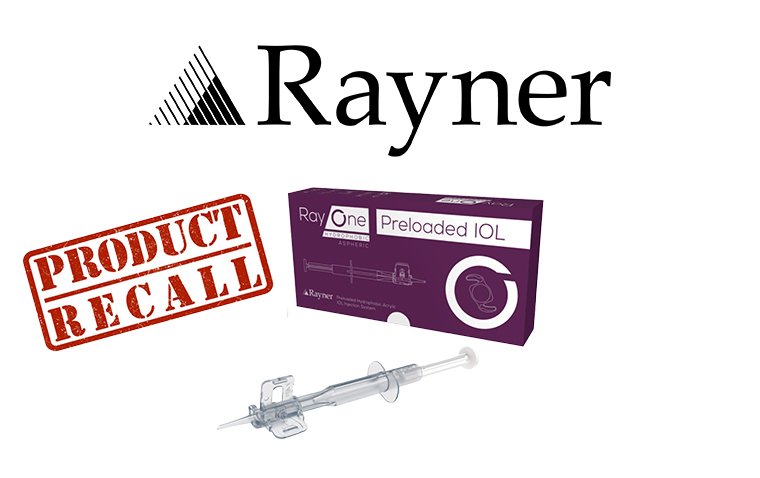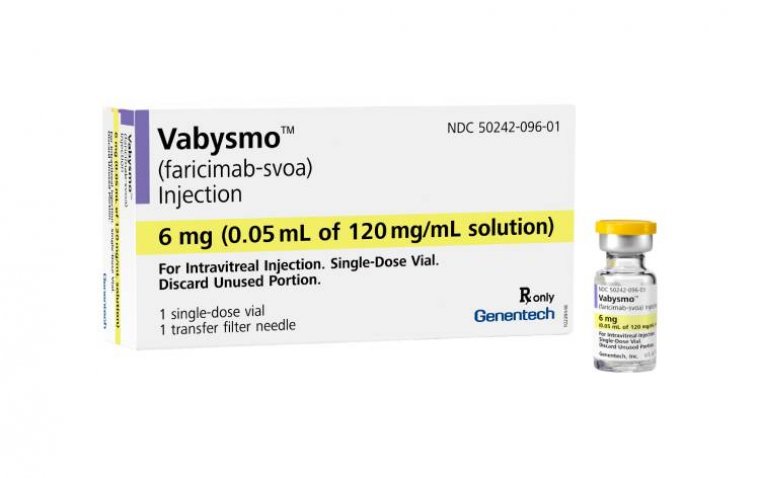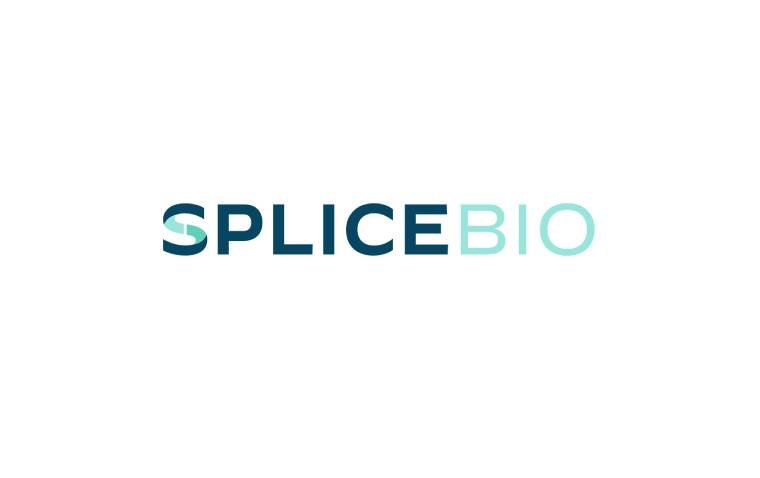
FDA Greenlights AEYE Health's Autonomous AI for Portable Diabetic Retinopathy Screening
AEYE Health has received FDA clearance for its fully autonomous AI, making it the first to diagnose referable diabetic retinopathy using a handheld camera. The technology, known as AEYE Diagnostic Screening (AEYE-DS), was previously approved for use with a tabletop imaging device and is now also compatible with the Optomed Aurora, a portable handheld device.
Innovative Screening Solution
This innovative screening solution uses just one image per eye and achieves over 99% imageability, offering a new, cost-effective option for diabetic retinopathy screening at various locations, including clinics and homes. "Combining a fully autonomous AI with a portable handheld device introduces a new and affordable screening solution to address the leading cause of blindness in the working age," AEYE Health announced.
Clinical Studies and Efficacy
The recent FDA approval is based on the results of two large-scale prospective phase 3 studies, demonstrating the system's high efficacy with diagnostic sensitivity between 92%-93% and specificity between 89%-94%. Remarkably, over 99% of patients in these studies received a diagnostic result from a single image per eye, typically without the need for dilation.
Screening for diabetic retinopathy using this AI technology is now reimbursable in the U.S. under the newly approved AI CPT code 92229, and it is considered a major HEDIS measure for health plans. "This is the ‘holy grail’ of eye screening - fully autonomous AI, using either portable or tabletop retinal cameras, and a procedure that takes a minute to perform," commented Zack Dvey-Aharon, PhD, Co-Founder & CEO of AEYE Health. He anticipates that this technology will become a standard screening method across various care settings in the coming years.
Sean Ianchulev, MD, Professor of Ophthalmology at New York Eye and Ear of Mount Sinai and Board member of AEYE Health, praised the clearance as "perhaps the most exciting FDA clearance I’ve seen in recent years." He highlighted the system's ability to integrate seamlessly into routine visits at a primary care doctor, pharmacy, or even at home, enhancing patient care and access to crucial blindness prevention services.
About Diabetic Retinopathy
Diabetic retinopathy is a diabetes complication that affects the eyes, specifically targeting the retina, which is crucial for vision. It occurs when high blood sugar levels cause damage to the blood vessels in the retina. These vessels can swell and leak, or they can close, stopping blood from passing through. Sometimes, abnormal new blood vessels grow on the retina. In its early stages, diabetic retinopathy may cause no symptoms or only mild vision problems. However, it can eventually lead to blindness. The condition typically affects both eyes and is a leading cause of blindness among working-age adults.
*Stay in the loop and make sure not to miss real-time breaking news about ophthalmology. Join our community by subscribing to OBN newsletter now, and get weekly updates.
(1).jpg)










